Merkel Issues Stark Warning As Germany Begins Opening Up
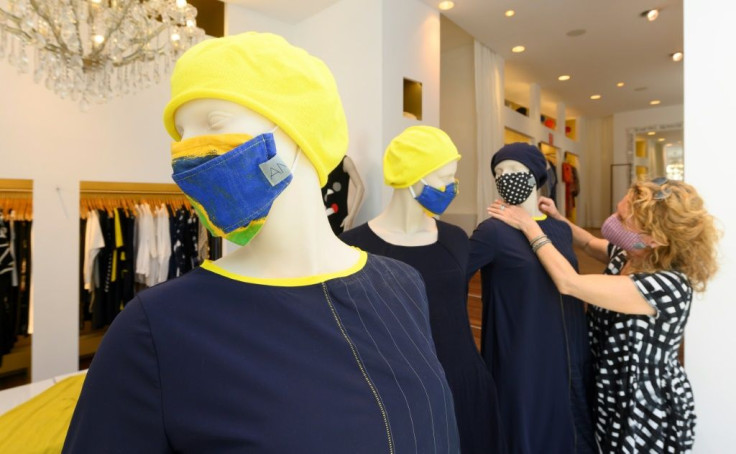
Chancellor Angela Merkel urged discipline in the fight against the coronavirus pandemic, warning that Germany is not "out of the woods" even as the country took small steps in easing curbs imposed to slow contagion.
With small shops opening on Monday for the first time in a month, Merkel said the authorities can only allow such small cautious steps each time to avoid a devastating relapse.
"We must not lose sight of the fact that we stand at the beginning of the pandemic and are still a long way from being out of the woods," she told journalists after chairing a cabinet session on the coronavirus battle.
It would be a "crying shame if we were to stumble into a relapse with our eyes wide open," she added.
Merkel and regional state premiers announced the decision to reopen last week -- but were careful to cast it as a cautious first step.
From florists to fashion stores, the majority of shops smaller than 800 square metres (8,600 square feet) were allowed to welcome customers again in much of Germany, in a first wave of scaling back lockdown measures introduced last month.
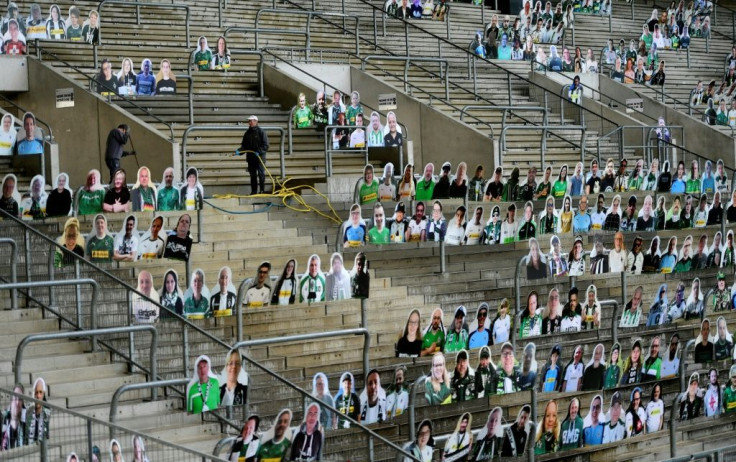
But the government is facing increasing pressure from other sectors still facing curbs to move faster and let them get business back on track.
Merkel said loosening restrictions too hastily could be counterproductive as the effects of the first steps would only be seen in two weeks.
"We must remain vigilant and disciplined," she stressed.
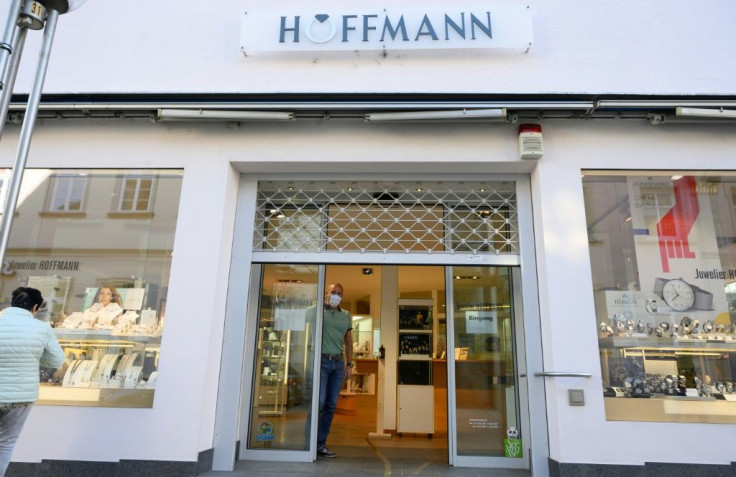
Germany has been largely spared the worst of the coronavirus pandemic that has devastated some of its European neighbours, with deaths well below hard-hit Italy, Spain and France.
It currently has 141,672 confirmed coronavirus cases and 4,404 deaths, among the lowest fatality rate in Europe due in part to widespread testing and intensive care capacity.
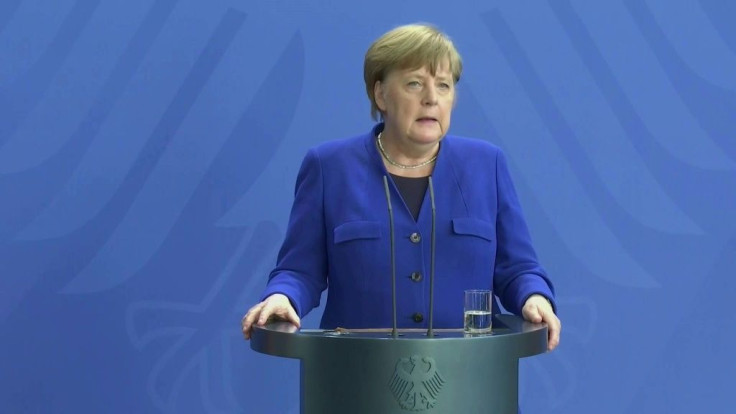
Widespread lockdown measures were rolled out last month in line with many of its neighbours, restricting non-essential outings and closing most shops except for supermarkets and pharmacies.
As its closely watched person-to-person infection rate fell below one last week -- meaning each infected person was contaminating less than one person, down from five previously -- Merkel and state leaders decided to ease the lockdown.
But each of Germany's 16 states is taking action at a slightly different pace.
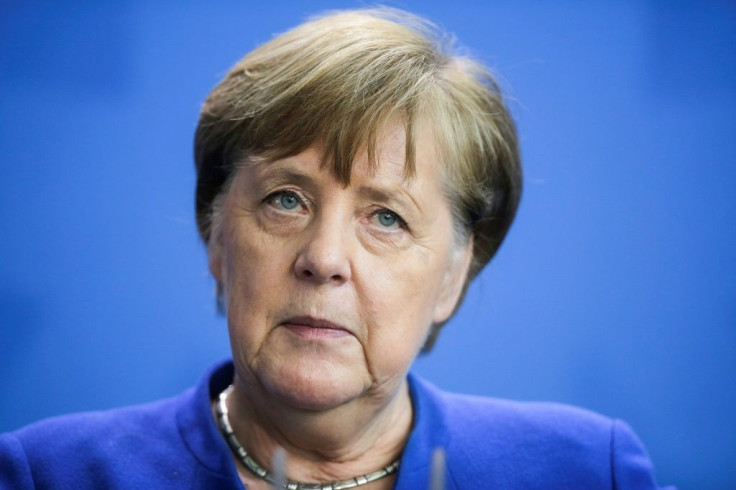
In eastern Saxony state, pupils taking final examinations began streaming back to classrooms, two weeks ahead of their peers in other states, where school gates will reopen only from May 4.
Masks have however been required on public transport and in shops in the eastern state.
In the Saxon city of Leipzig, people waiting to get on trams and buses had their faces covered.
Though not yet obligatory, the government "strongly advises" wearing a mask in public.
Bavaria on Monday said that it was joining Saxony in requiring face coverings.
Manuela Fischer, opening up her clothing store in Leipzig, said she was "incredibly happy" to be welcoming shoppers again.
In some states such as the capital Berlin, meanwhile, it will be a few more days before shops reopen.
Germany's Health Minister Jens Spahn declared the virus "under control" last week after the infection rate stabilised.
Yet Merkel, who was herself quarantined for two weeks this month before testing negative for the virus, has repeatedly warned that Germany's success remains "fragile".
Some of her conservative party colleagues echoed her caution.
In an interview with Der Spiegel weekly, state premier of North Rhine-Westphalia Armin Laschet warned that some coronavirus restrictions could last until 2021.
Cultural venues, bars, leisure centres and beauty salons will remain closed for the time being, and large-scale public events such as concerts and football matches have been banned until August 31.
With larger shops unable to open, the German Trade Association warned Friday of a possible "distortion of competition".
The country of 82 million plans to ramp up testing -- it has already tested around two million people -- and aims to produce around 50 million protective masks per week from August.
© Copyright AFP 2024. All rights reserved.





















